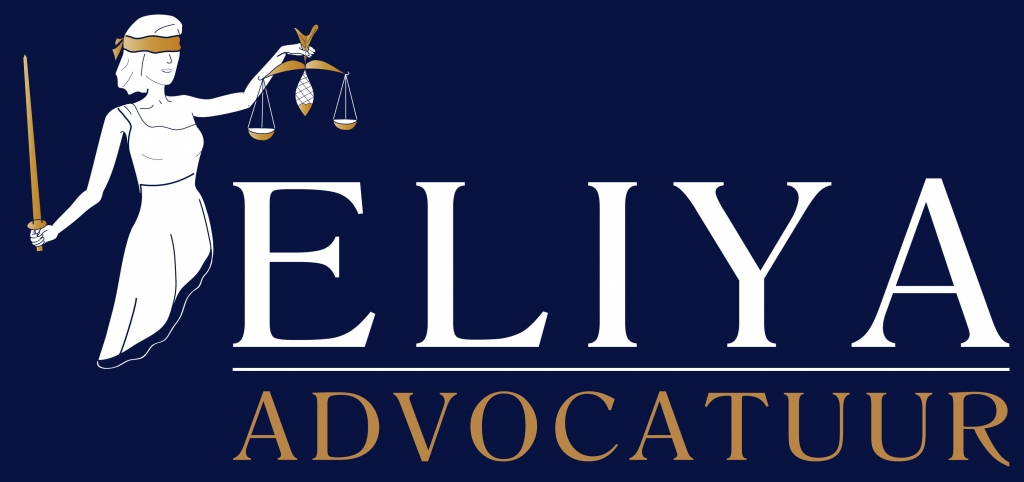If you`re planning to rent an apartment in the United States, one of the most important documents you`ll need to sign is the apartment lease agreement. This legally binding contract will outline the terms and conditions of your tenancy, and it`s important that you understand them before signing on the dotted line.
Here`s what you need to know about a standard US apartment lease agreement:
1. Parties involved: The lease agreement will identify the landlord (or property manager) and the tenant(s) by name. It may also include the names of any co-signers or guarantors.
2. Property description: The lease agreement will describe the apartment or rental property being leased, including the address, unit number, and any specific amenities or features.
3. Lease term: The lease agreement will specify the start and end dates of the lease. Most apartment leases run for one year, but some may be shorter or longer.
4. Rent payment: The lease agreement will outline the monthly rent amount, as well as any other fees or charges that may be due (such as late fees or pet fees). It will also detail the payment schedule and how to pay rent (online, by mail, etc.).
5. Security deposit: Most landlords require a security deposit at the start of the lease, which serves as a guarantee against damages or unpaid rent. The lease agreement will specify the amount of the security deposit and the conditions under which it may be forfeited.
6. Maintenance and repairs: The lease agreement will outline the responsibilities of both the landlord and the tenant with regard to maintenance and repairs. This may include a requirement for the tenant to report any problems promptly and for the landlord to make necessary repairs in a timely manner.
7. Subleasing: Some leases allow the tenant to sublease the apartment to another person. Make sure you understand the rules and restrictions before entering into such an agreement.
8. Termination: The lease agreement will specify the circumstances under which the lease may be terminated, such as non-payment of rent, violation of the lease terms, or expiration of the lease term.
9. Governing law: The lease agreement will state which state laws apply to the lease and any disputes that may arise from it.
It`s important to read and understand the lease agreement thoroughly before signing it. If you have any questions or concerns, ask the landlord or property manager for clarification. A well-written lease agreement can help ensure a smooth and legal tenancy for both the landlord and the tenant.












